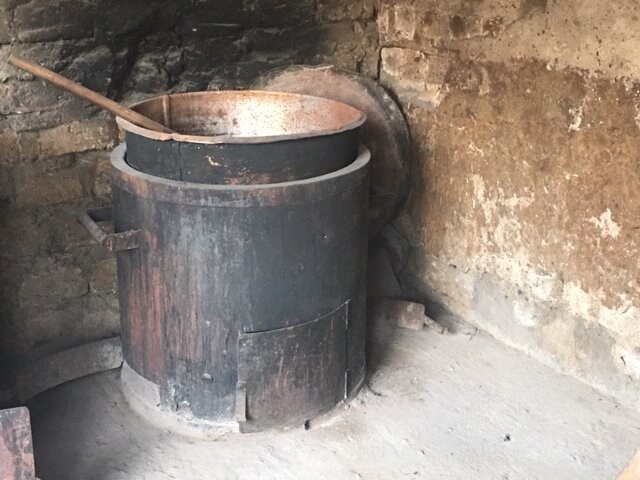Today we reached a big milestone as Simoshi’s first 1,000 Gold Standard Certified Emission Reductions, equivalent to 1,000 tons of carbon dioxide not released into the atmosphere, have been sold through the United Nations Climate Neutral Now portal. We are extremely grateful to those 74 buyers who voluntarily decided to offset their carbon footprint by choosing our carbon credits generated from our Project Activity “Institutional Improved Cook Stoves for Schools and Institutions in Uganda”.
Special mention needs to be highlighted as all of these buyers made a conscious choice to purchase our emission reductions that are more expensive than other carbon credits generated from projects in different developing countries. This is an exemplary attitude that always keeps us motivated, because our buyers understand that the social, health, environmental and economic benefits our project achieve have a more powerful impact. This is why Simoshi’s carbon credits have been verified to achieve nine Sustainable Development Goals.
We are proud to continuously remind our readers and buyers that Simoshi’s Project Activity has a unique and competitive advantage within the cook stove sector, as it is one of the very few projects - if not the only one - that provides on-going support and free annual stove maintenance for 5 years to all participating schools under its project.
To all our supporters and buyers of carbon credits, who consciously understand the integrity of our project operations, we say thank you. Without your support, we would not be able to help new schools move away from using 3-stone fires for all of their cooking activities.



































